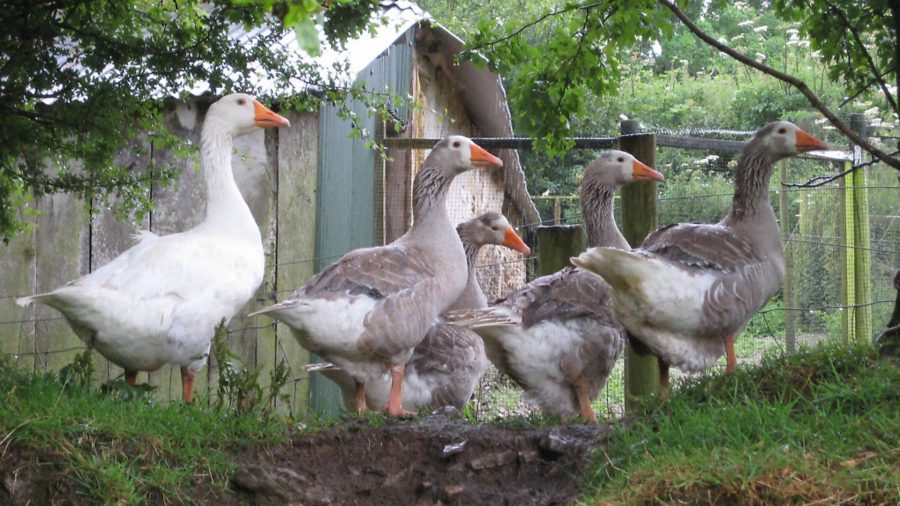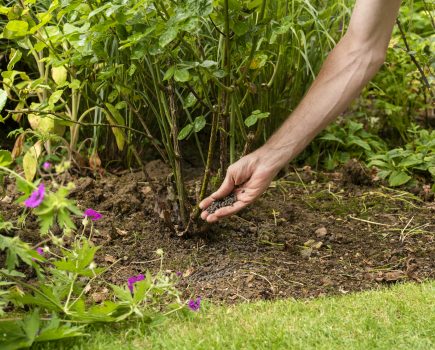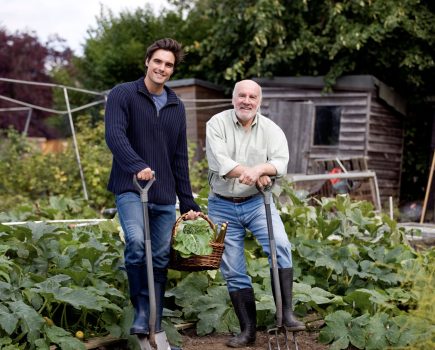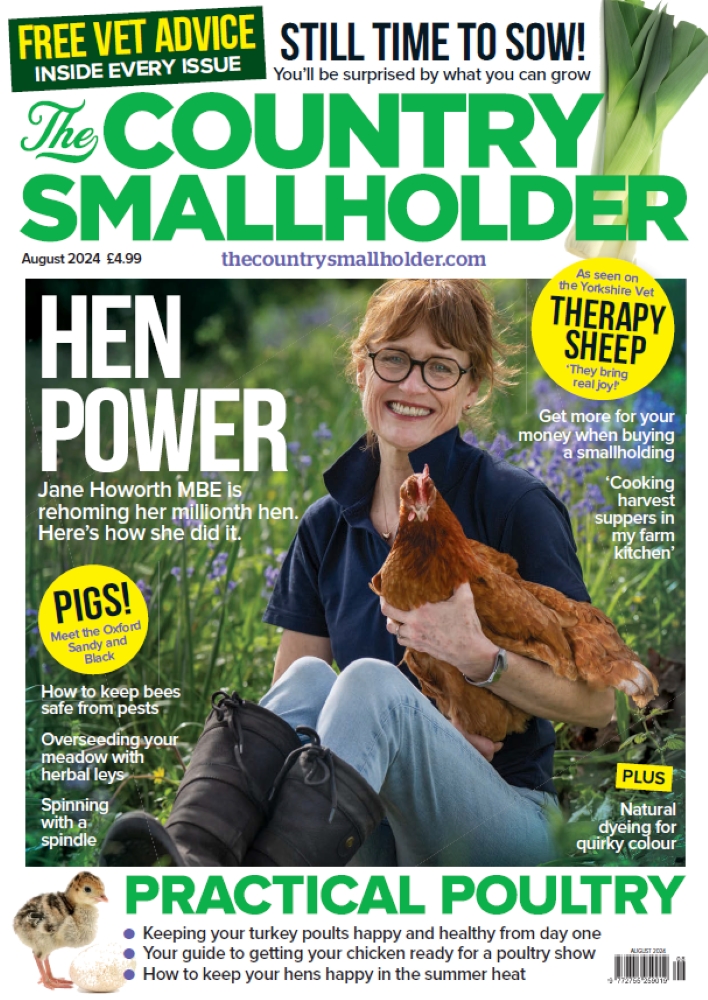Debbie Kingsley starts off this series on smallholding for complete beginners with a question: how much time does having your own smallholding require?
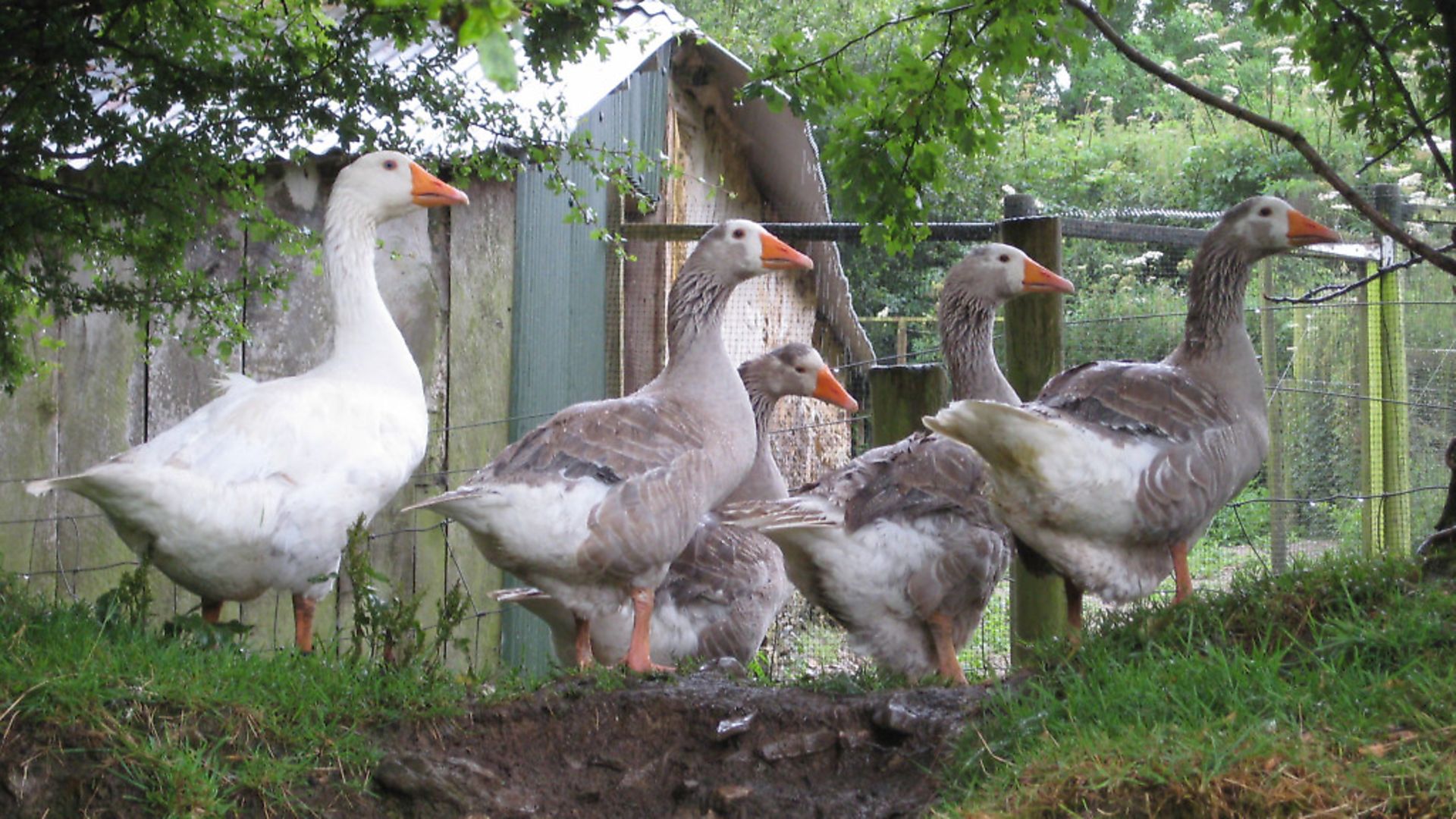
How much time will I need to successfully run a smallholding?? Having never carried out a survey, I can’t say for sure, but being in contact with several thousand smallholders, I reckon that the vast majority of smallholders are doing their thing part time while holding down other jobs. Although there are many people who take up smallholding as a fulfilling retirement activity, and a few people making full-time smallholding pay, most of us need to generate an income in other ways (a topic I’ll be investigating in a future piece). More practically, the real question here is, ‘will smallholding take up all my time, and is it a real slog?’.
There are as many different types of smallholding as there are smallholders, and if you choose your pursuits carefully, there is no reason why you can’t keep livestock and grow fruit and veg, engaging in the things that really resonate with your own concept of smallholding, while working at something else to pay the mortgage, council tax and the rest of life’s financial burdens.
The key to success
A few hens, ducks and a couple of geese won’t stretch you too much as long as you can feed and water them daily and put them safely to bed at night; you can leave the more time-consuming job of mucking them out to the weekend. A couple of young pigs grown on for pork and bacon won’t be overly demanding either. The key to success in both cases is buying healthy stock and having the infrastructure sorted in advance. Don’t bring livestock home on a whim, giving in to wayward impulses. First, get to grips with fencing, housing, water supply, bedding materials, feed and feed storage and make sure you know which rules and regulations you need to comply with (again, more on that in a later article). Unlike livestock, fruit and vegetables won’t need daily care, although a baby courgette can turn into a less succulent mammoth marrow apparently overnight, but of course that just means extra tasty vitamins for your pigs if you’ve already overindulged in stuffed marrow dinners.
If your favourite thing is cider, then making time to turn your apple crop into a year’s supply of alcoholic pleasure won’t feel like a chore anyway. And you can do it with a bunch of friends in exchange for a homegrown supper and the promise of a bottle or three once it’s reached the delicious and drinkable stage.
Don’t get carried away
The trick with part-time smallholding is not to get so carried away with new projects and enthusiasms that you are overwhelmed and pulled every which way by competing demands. So don’t think you have to go through your own lambing or kidding, hatching of chicks and preserving every blackberry in sight. Be realistic about the time you have available and don’t compromise the health of any livestock you take on. You don’t have to grow potatoes if you would rather have asparagus and raspberries, and if you find chicken maintenance too much effort, you could try keeping a group of quail and have the prettiest eggs that ever graced a dinner table.
Start slowly, enjoy the learning, choose the things that will give you most reward and pleasure, and if you find you don’t enjoy something, stop doing it; there is a market for animals you no longer want, and a veg patch can always be turned back into a lawn, complete with sun loungers.
Image(s) provided by:
Getty Images/iStockphoto

